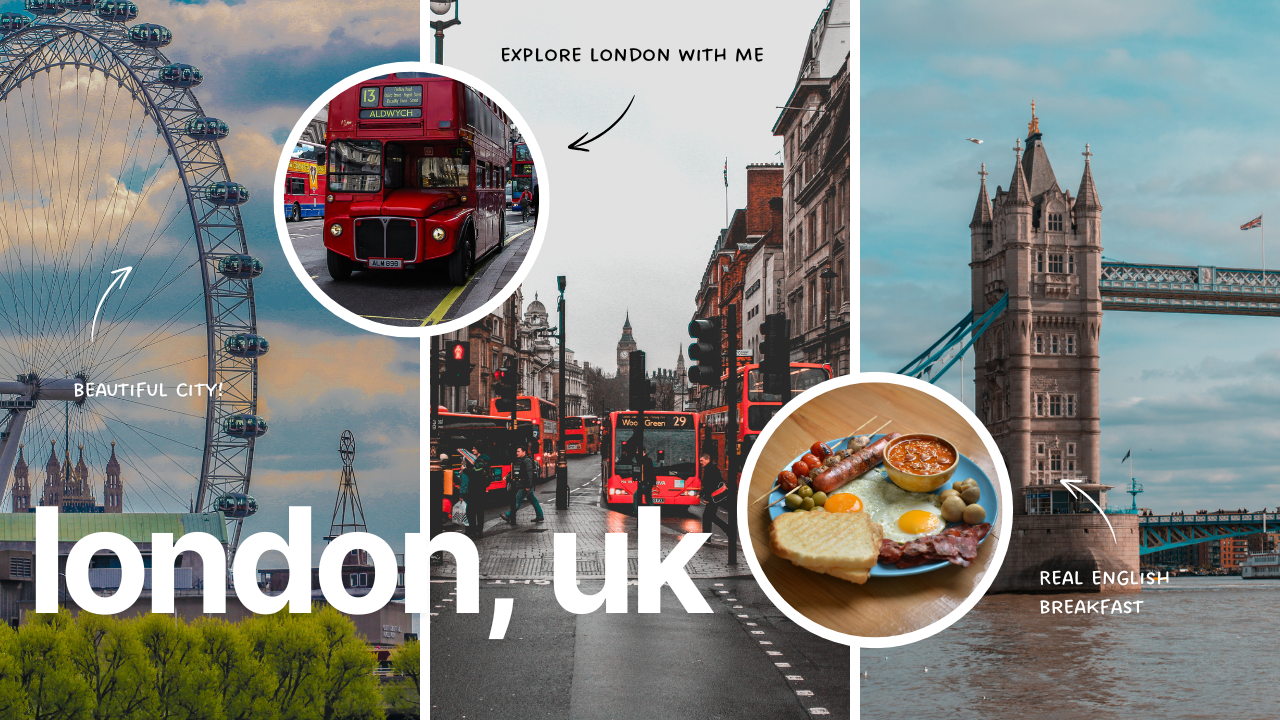



1. Introduction: A Changing Immigration Landscape
As of April 2025, the UK has implemented major updates to its immigration rules, affecting a wide range of visa routes and categories. These changes, outlined in the 135-page Statement of Changes (HC 733) and a 20-page Explanatory Memorandum, impact individuals, families, and employers navigating the UK immigration system. From fee hikes to eligibility adjustments, this summary highlights the most significant developments.
2. Trinidad and Tobago: Visa Requirement Introduced
From 12 March 2025, nationals of Trinidad and Tobago no longer enjoy visa-free entry to the UK. This follows a sharp rise in asylum applications from the country.
Key changes include:
Visa now required for all visits and transit.
Grace period until 23 April 2025 for travelers with an existing ETA.
Transit via UK airports now requires a Direct Airside Transit Visa (DATV).
Applicants must follow the full visa process: online application, fee payment, biometrics, and document submission.
3. ETA No Longer Required for British Nationals (Overseas)
From 9 April 2025, BN(O) passport holders (primarily from Hong Kong) no longer need an Electronic Travel Authorisation to visit the UK, aligning them with British and Irish citizens.
4. Global Talent Visa: Tighter Endorsement Rules
As of April 2025, all Global Talent visa applicants in Arts, Culture, Architecture, Fashion, PACT, and Digital Technology must provide:
A professional CV;
Letters of support that confirm a direct working relationship in the relevant field.
Specific requirements now define acceptable collaborations (e.g., "artistic capacity" for Arts, "architectural capacity" for Architecture). Other updates include:
Fashion designers need media recognition and at least two industry-recognized achievements.
PACT endorsements must show individual or significant team contributions.
Tech Nation references have been removed, pending a new endorsing body.
5. Skilled Worker Visa: Employer Cost Rules
New regulations prevent employers from passing certain sponsorship-related costs onto Skilled Worker visa holders:
Costs that must be paid by employers:
Sponsor licence fees;
Certificate of Sponsorship (CoS);
Immigration Skills Charge (ISC).
Employers still may cover immigration application fees, commercial partner service fees (UKVCAS, TLS, VFS), and the Immigration Health Surcharge. Non-compliance risks revocation of sponsor licences.
6. Self-Sponsorship: Salary Deduction Rules Tightened
For Self-Sponsored Skilled Workers, any payment made to the sponsor (loans, investments, or business-related payments) will now be deducted from the official salary. This prevents applicants from funding their own salary to meet visa thresholds.
7. Health and Care Worker Visas: Recruitment Rules Strengthened
Care providers in England must first attempt to hire locally before sponsoring overseas workers for care roles. This rule:
Applies to England only;
Does not affect current sponsored workers or those switching roles after three months of legal employment;
Requires proof of local recruitment attempts.
8. Skilled Worker Salary Threshold Increased
The minimum salary for Skilled Worker visas has increased:
From £23,200 to £25,000 per year;
From £11.90 to £12.82 per hour.
For roles governed by national pay scales (e.g., education, healthcare), updated thresholds align with the latest agreements. For other roles, the new floor applies universally.
Additionally, the “new entrant” discount now requires the professional qualification to be obtained in the UK.
9. EU Settlement Scheme (EUSS) Adjustments
Non-EEA nationals applying under EUSS can now:
Use a BRP expired by up to 18 months to prove identity;
Avoid re-enrolment of biometrics if submitting within that window.
Clarified rules now state that new EU/EEA/Swiss citizens post-Brexit cannot sponsor EUSS family permit applications. Applicants awaiting administrative review will not be removed from the UK.
10. Homes for Ukraine Scheme: Definition of 'Parent' Changed
To sponsor a child under the Homes for Ukraine Scheme, the parent must now:
Be lawfully resident in the UK;
Stepparents are no longer eligible sponsors, aligning with other UK immigration definitions.
11. UK Visa Fee Increases: April 2025 Breakdown
As of 9 April 2025, most UK visa fees have increased. Here are the highlights:
Settlement & Naturalisation:
ILR: £3,029 (up from £2,885)
Naturalisation: £1,605 (up from £1,500)
Skilled Worker Visas:
Sponsor licence (large org): £1,579 (was £1,476)
Sponsor licence (small org): £574 (was £536)
CoS fee: £525 (was £239)
Entry clearance (≤3 years): £769 (was £719)
Entry clearance (>3 years): £1,519 (was £1,420)
In-country extension (≤3 years): £885 (was £827)
In-country extension (>3 years): £1,751 (was £1,636)
Visitor Visas & ETA:
ETA: £16 (was £10)
Standard Visitor Visa: £127 (was £115)
Final Thoughts
These updates reflect the UK’s ongoing efforts to fine-tune its immigration system in response to policy goals, economic needs, and international dynamics. If you’re navigating UK immigration—whether as an individual or employer—it’s essential to stay informed and ensure compliance.
For professional advice or further clarification, reach out to a qualified immigration expert or visit the official..
#trending #latest

University Internships That Help You Get a Job After Graduation... Read More.

Is It Smarter to Start at a Community College... Read More.
 Fake posts hit Czech PM Fiala's X
Fake posts hit Czech PM Fiala's X
Fake posts disrupt Czech PM Fiala's X account security
 Switzerland Tightens Export Rules
Switzerland Tightens Export Rules
Switzerland expands export controls on dual-use goods
 Google unveils Ironwood AI chip
Google unveils Ironwood AI chip
Google introduces Ironwood chip to accelerate AI tasks & apps
 TSMC Q1 revenue up 42%
TSMC Q1 revenue up 42%
TSMC sees 42% revenue surge in Q1, surpassing forecasts
 Amazon CEO Outlines AI Vision
Amazon CEO Outlines AI Vision
Amazon CEO reveals AI investment plans in new letter
 Osaka Hosts World Expo 2025
Osaka Hosts World Expo 2025
Japan blends tech and culture at Osaka Expo 2025 launch
 A16z Plans Big Bet on AI Startup
A16z Plans Big Bet on AI Startup
A16z may lead huge round in ex-OpenAI CTO’s new AI firm.
© MyEduGoal. All Rights Reserved. Design by markaziasolutions.com